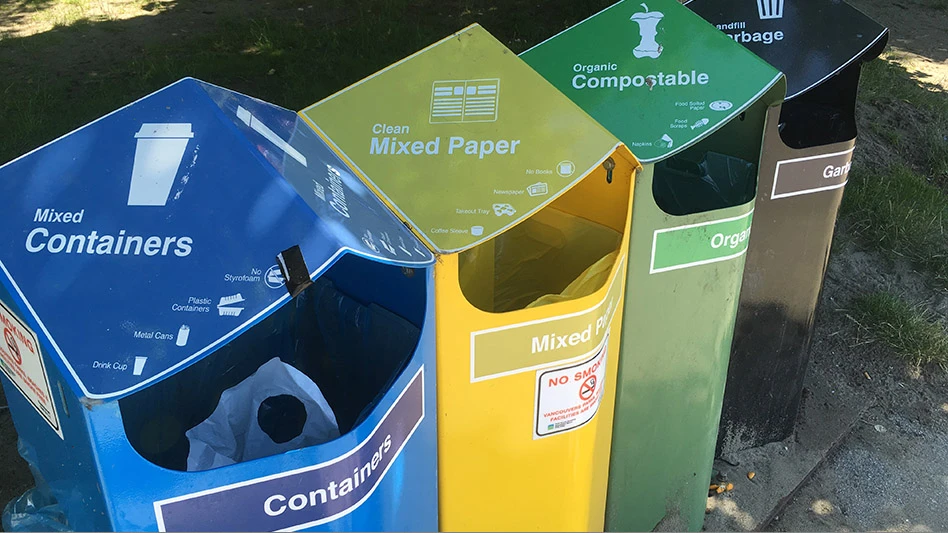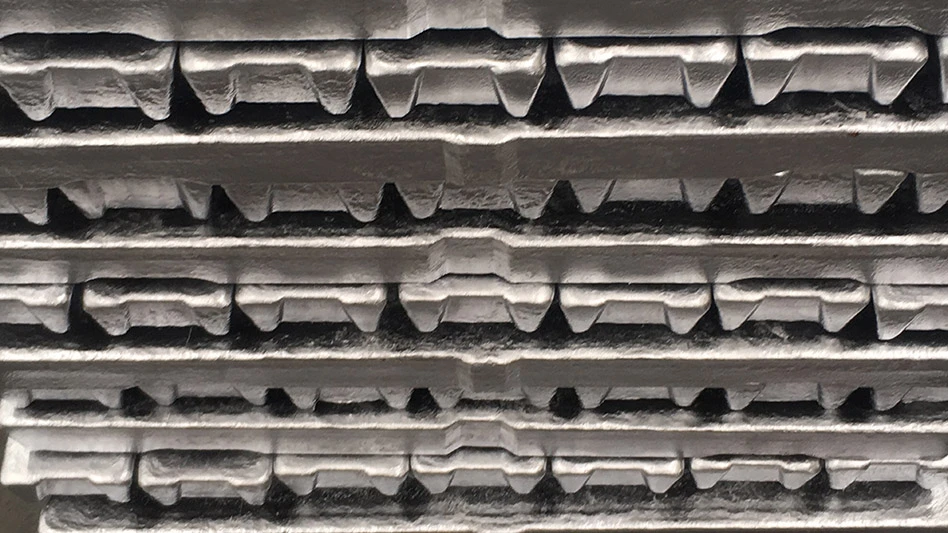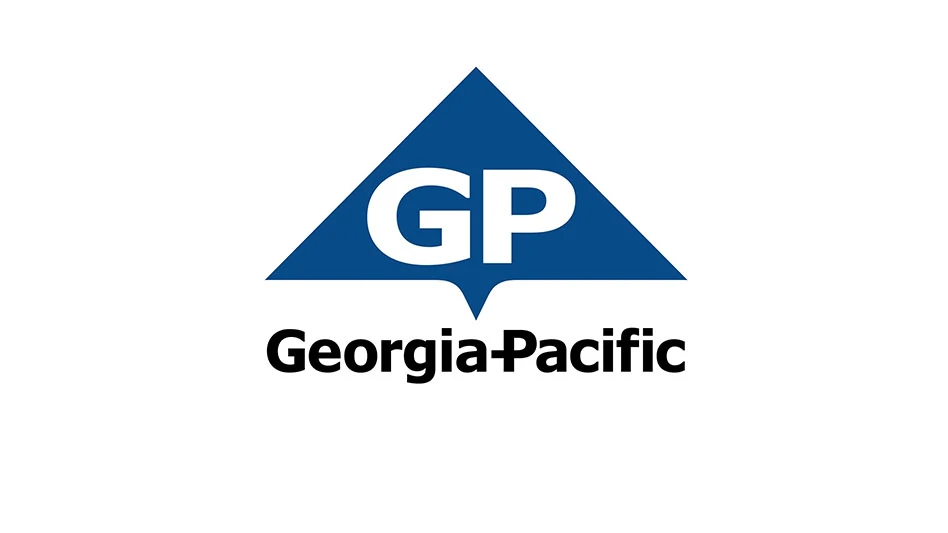ORANGE LANDFILL DEBATES C&D OPTIONS
The Orange Regional Landfill Owners Group, Chapel Hill, N.C., is currently discussing ways to handle construction and demolition debris generated in the county, with an eye towards 1999 when the local C&D landfill is expected to close.
The most recent decisions made at the meetings include the setting of a goal to recycle 25 percent of the county’s C&D debris by 1999, and possibly more if inert debris can be recycled; acceptance of expressions of interest from private corporations proposing various ways of handling the material; a directive to investigate more broad alternatives to operating a C&D landfill; and a planned meeting with local governments in Orange County to discuss requiring a solid waste management plan and recycling requirements in building permits.
Chapel Hill already has some requirements in its recycling ordinance, but these could be strengthened to apply to single-family homes and renovation projects, according to a town spokesman.
WELLESLEY RECYCLES INCINERATOR CHIMNEY
On July 18, the 145-foot brick chimney behind the former municipal trash incinerator in Wellesley, Mass., was demolished by controlled explosives. The chimney and the attached incinerator building were opened in 1960, but closed in 1972 when more stringent air quality standards came into effect. The facility was converted into a trash transfer/haul facility and one of the nation’s first and most successful residential drop-off recycling centers, now known as the Wellesley Recycling and Disposal Facility. The town does not have curbside recycling.
The chimney demolition is part of Wellesley’s $3.46 million Recycling and Waste Disposal Improvement Project. The former chimney site will be made into an enclosed recycling center which will house multi-material baling equipment and material storage servicing an expanded recycling drop-off area. Town officials expect that these additions will improve Wellesley’s market position for the sale and disposal of recyclables and increase recycling participation by residents. Bricks from the old chimney will be reused around the site.
MAXIGRIND RECYCLES GYPSUM WALLBOARD
All Seasons Enterprises, an innovative grinding contractor in Ft. Dodge, Iowa, has developed a process to recycle gypsum wallboard using a Maxigrind 425 horizontal rotary grinder from Rexworks Inc., Milwaukee.
Gypsum wallboard accumulates at wallboard manufacturing sites, posing difficult disposal and recycling problems. For effective recycling, the gypsum must be effectively separated from the paper covering, so that the paper content is low enough to meet flame resistance standards. Another recycling challenge is moisture level – scrap wallboard can be very dry, causing clouds of dust during grinding, or very wet, making grinding difficult.

Explore the September 1996 Issue
Check out more from this issue and find your next story to read.
Latest from Recycling Today
- Massive Chinese steelmaking rebound recorded in March
- LME looks into sustainable metal pricing
- OnePlanet Solar Recycling closes $7M seed financing round
- AMCS launches AMCS Platform Spring 2025 update
- Cyclic Materials to build rare earth recycling facility in Mesa, Arizona
- Ecobat’s Seculene product earns recognition for flame-retardant properties
- IWS’ newest MRF is part of its broader strategy to modernize waste management infrastructure
- PCA reports profitable Q1





